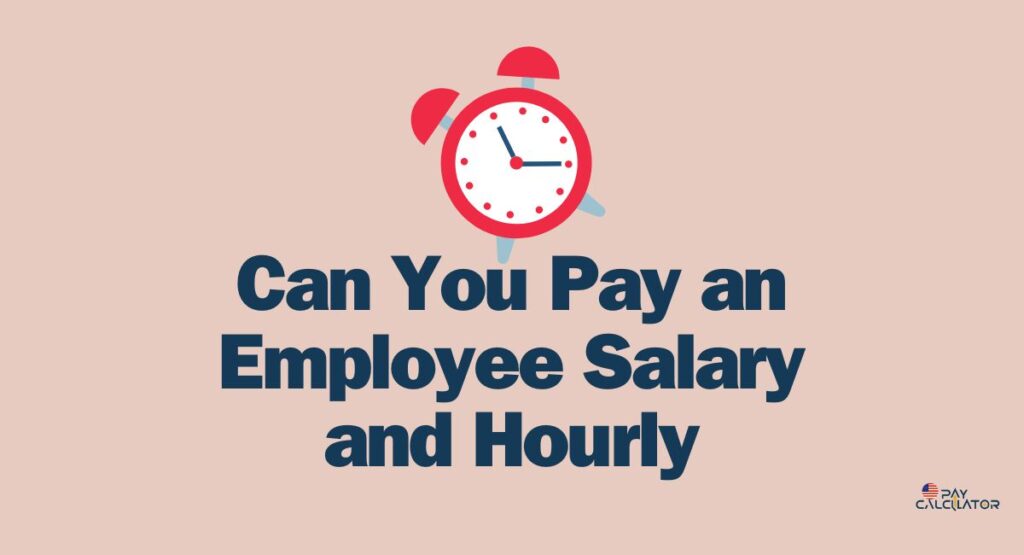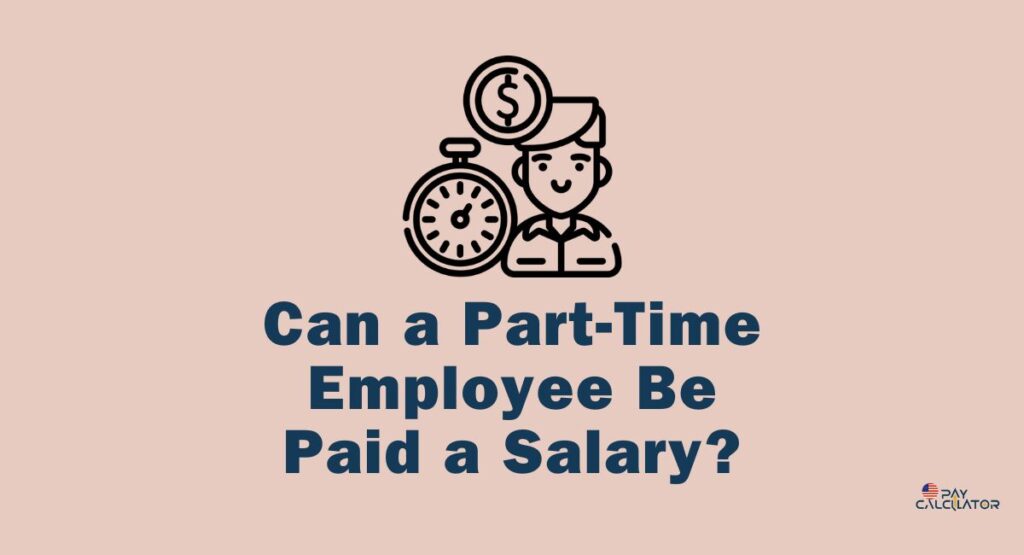
To accept a pay cut signifies being careful about some of the benefits and drawbacks of it. Pay Cut means less money is given to you, and sometimes it means deductions in extra bonuses. If you’re considering accepting a reduction in your pay, it’s helpful to learn what scenarios are best for taking the new salary.
In this following guide, we will explore various topics related to pay cuts like what pay cuts are, and also we will discuss examples of when taking a pay cut is a beneficial career option etc.
What does taking a pay cut mean?
To take a pay cut, it implies some financial risk related to a career or position change. A pay cut usually causes less pay but sometimes results in changes to advantages as well.
The pay cut may cause financial risks for short or long-term, which is an essential consideration to make when deciding to take the cut. There are many reasons available for people to choose to accept less pay, so it’s best to think about all the options given to you and choose properly. Don’t miss out! Check our previously published article on How to Calculate Retro Pay for Salary Employees?
Situations to consider taking a pay cut
Considering when to take a cut in pay is both a personal and professional decision. The decision to accept lower pay requires considering factors like the risks, rewards and long-term benefits. Here’s a list of scenarios when you might accept a pay cut:
The job challenges you
If you opt for a new job or position that can challenge you both personally and professionally, but it pays less than your recent role. Perhaps you’ve reached a plateau in your current job and a new opportunity promises career development.
The job provides invaluable experience
Sometimes, to accept a new job gives you the chance to acquire precious experience. The new job may have many chances to increase your network, know industry experts or search a mentor. By gaining exceptional experience, you can boost your CV and expand your skill set, which may lead to career growth in the future.
You want to change careers
Occasionally, people decide to change their career path. This is a challenging endeavor, as it usually involves leaving a comfortable environment and taking risks. While it gives you some challenges, you have to put all your skills you learned in your previous roles in your new career. Have you seen it yet? Check our previously published article on How are hourly and Salaried Gross Pay Calculated?
Your priorities change
A job may require more hours than you’re prepared to commit to or you feel you’re missing time with family or for favorite pastimes. A new job or position might give you the chance to work from home, reduce your time of traveling or permit for shorter workweeks.
You can save money
If you accept a job closer to your home, you can save money you used to spend on your commute for petrol and public transportation. Despite the fact that the pay cuts may seem huge at starting, costs of factory and advantages with savings balance the reduction in your pay.

You’re starting a business
If you want to start your own business, it may take time before you’re able to make a profit. As we all know, there are huge start-up costs before starting to take a salary decrease. You can definitely benefit from this in the long term once your business will run successfully.
You want to earn another degree
If you wish to take an advanced degree, this may need a deduction in your salary. While pursuing any degree in university some people work part-time, which generally causes half of their basic take home pay 2024. Other employees want to be full-time students while taking the advanced degree, so they take time off work until they learn that degree. Getting an additional degree can increase your earnings significantly when you return to the workforce.
There’s little room for growth
It is possible that there is an employee working in the position you wish for or it may take some time for your promotion chances to arise. Joining a company that expands your earning potential may require a short-term drop in your pay but can lead to a larger salary later.
When to turn down a pay cut
However,there are many benefits in paucut but still it’s a big thing to accept a deduction in your pay. Some situations may occur where you don’t want to take the deducted salary. Below,some common examples of situations to think during a pay cut are mentioned:
- You’re hard working and provide quality work: If you’re a hard worker and working hard in your current position in a particular job, then don’t accept the reduced salary.
- Others in your field earn more: Consider what other specialists in your specific role make at other companies. If in other companies people in your position earn much more than what you earn, go for turning down the proposal of reduction in pay.
- You support others: If you’re responsible for supporting others financially, turning down the proposed salary cut can make sure you can continue to support those who rely on you.
Examples of accepting a cut in pay

Here are a few examples of scenarios of when you might accept a pay cut:
Example 1: saving money
Let’s take an example of someone prioritizing the capability to save money:
Noah works for a company and her job needs her to travel three days each week. Molly drives a 60-mile round journey to her office the other two days in the week. A position for an analyst becomes available with a company that’s close to home, doesn’t require travel and provides healthcare and retirement plans. Despite the fact that the pay cut is remarkable, Molly calculates that the reduced expenditures and increased benefits balance reduction in salary.
Example 2: flexibility
Let’s take an example of someone who can go for a decreased salary because of his/her personal flexibility:
George is a young person who works in sales for a large company. He makes £90,000 every year, but he wants to explore new opportunities and other industries. At present, Daryl lives at home and has few basic expenses. Since he’s just starting in his career and has no expenses, he accepts a role in marketing for £70,000 per year. This allows him to gain new experience in a different field and strengthen his CV.
For more information, check our previously published article on How does salary pay work if you miss a day?
Example 3: career change
Let’s take an example of a employee who is accepting a reduced salary so that they can shift their job or career:
David works as a line cook in a popular restaurant in London. He enjoys his current work, but he wants to change his career. He loves to do event planning, so he chose an associate role with an event planning company. The job pays £2,000 less, but David can gain experience in an industry he’s passionate about to advance his career.
Frequently asked questions
It is over to you to accept or reject a pay. It is your personal decision based on your specific requirements. Some employees think that accepting a pay cut is not a good idea, while others place more value on the non-financial aspects of their career.
Employers cannot unilaterally vary a contract of employment. They are not required to give their agreement and they could take legal action to prevent a change especially to accept a pay cut.
Conclusion
All the necessary points related to pay cuts are discussed in this article. Now you have to keep certain tips to prepare for reduced pay in your mind. Research the role, the current market and the market rate for salaries in your industry. Assess what you spend money on each month. Identify expenses you can’t control and those you can to understand where you can make changes.
Budgets are a great way to organize your money on a weekly, monthly or yearly basis. Analyze your budget or create a new one to allocate your funds according to priority. Keep saving money even if you’ve accumulated enough to cover expenses. Don’t miss out! Check our previously published article on How Much Should You Pay For Rent Based on Salary?





